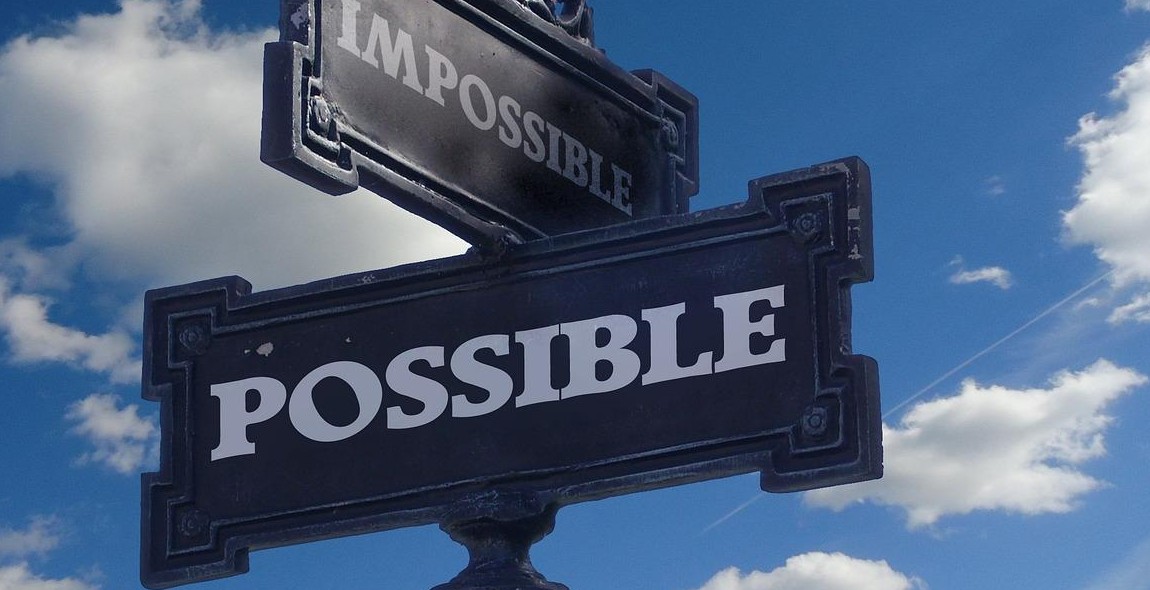The Role of Memory in How We Perceive Our Partners
As a love and relationships psychology guru, I have spent years studying the intricacies of human emotions and behavior. One topic that always fascinates me is how our memories shape our perceptions of our partners. Our past experiences and memories can greatly influence how we view our current relationships, and can even impact our future decisions.
How Memories Impact Our Perceptions
Our memories can have a powerful impact on how we perceive our partners. For example, if we have had negative experiences in past relationships, we may be more likely to view our current partner through a negative lens. On the other hand, if we have had positive experiences, we may be more likely to view our partner in a positive light.
Furthermore, our memories can also impact how we communicate with our partners and how we handle conflicts. If we have unresolved issues from past relationships, we may bring those into our current relationship and struggle to effectively communicate with our partner.
Why Understanding the Role of Memory is Important
Understanding the role of memory in how we perceive our partners is important for building healthy and fulfilling relationships. By recognizing how our past experiences may be influencing our current perceptions, we can work towards overcoming any negative biases and building a stronger connection with our partner.
In this article, I will delve deeper into the role of memory in relationships and provide practical tips for how to navigate these complex dynamics.

The Connection Between Memory and Perception
Memory plays a critical role in how we perceive our partners. Our past experiences and memories shape how we interpret and respond to our current situations, including our relationships. Memories and perception are interconnected, which means that our perception of our partners is influenced by our memories.
How Memory Shapes Our Perception
Memory can shape our perception in various ways. For example, if we have positive memories associated with our partners, we are more likely to perceive them positively. On the other hand, negative memories can lead to negative perceptions.
Moreover, memory can also influence how we perceive our partners’ behavior. If we have experienced similar behavior in the past, we are more likely to interpret our partners’ behavior in the same way. This can be either positive or negative, depending on our past experiences.
The Role of Emotion in Memory
Emotion plays a crucial role in memory formation. We are more likely to remember events that are emotionally charged than events that are neutral. Therefore, our emotional experiences with our partners can shape our memories and, in turn, our perception of them.
For example, if we have experienced positive emotions with our partners, such as love and happiness, we are more likely to remember those experiences. These positive memories can then shape our perception of our partners, making us more likely to view them positively.
The Influence of Past Experiences on Perception
Our past experiences also influence our perception of our partners. If we have had negative experiences in past relationships, we may be more likely to perceive our current partner negatively, even if they have not done anything wrong.
Furthermore, past experiences can also influence our expectations of our partners. If we have been treated poorly in the past, we may expect the same treatment from our current partner, even if they are not capable of such behavior. This can lead to misunderstandings and conflicts in our relationships.
In conclusion, our memories and perception are interconnected, and our past experiences shape how we perceive our partners. By understanding this connection, we can work towards building healthier relationships and improving our overall well-being.

The Impact of Memory on Relationships
As a love and relationships psychology guru, I have seen firsthand the impact that memories can have on relationships. Memories, both positive and negative, can shape how we perceive our partners and can ultimately affect the success or failure of the relationship.
How Positive Memories Affect Relationships
Positive memories, such as the first date, the first kiss, or a special trip together, can bring couples closer together and strengthen their bond. These memories serve as a reminder of the love and affection that brought them together in the first place, and can help to rekindle that passion during difficult times.
It is important for couples to create new positive memories together in order to keep the relationship fresh and exciting. This can be done by trying new activities, taking trips, or simply spending quality time together.
The Effects of Negative Memories on Relationships
On the flip side, negative memories, such as arguments, betrayal, or hurtful actions, can have a damaging effect on relationships. These memories can create feelings of resentment, anger, and mistrust, and can ultimately lead to the breakdown of the relationship.
It is important for couples to address negative memories and work through them in a healthy and productive way. This can be done through communication, seeking therapy, or finding other ways to rebuild trust and repair the relationship.
The Importance of Communication in Overcoming Negative Memories
Communication is key when it comes to overcoming negative memories in a relationship. It is important for couples to talk openly and honestly about their feelings and to listen to each other without judgment or defensiveness.
Couples can also benefit from seeking therapy or counseling, either individually or together, in order to work through their issues in a safe and supportive environment.
| Positive Memories | Negative Memories |
|---|---|
| First date | Arguments |
| First kiss | Betrayal |
| Special trip together | Hurtful actions |
- Positive memories can strengthen relationships
- Negative memories can damage relationships
- Communication is key in overcoming negative memories
Improving Relationships Through Memory
Memories play a crucial role in how we perceive our partners. Our memories influence our emotions, thoughts, and behaviors towards our significant others. Therefore, it is essential to use our memories in a positive way to strengthen our relationships. Here are some ways to improve relationships through memory:
Using Positive Memories to Strengthen Relationships
Recalling positive memories of your partner can help strengthen your relationship. Positive memories can create positive emotions, which can lead to positive behaviors towards your significant other. For example, remembering a time when your partner surprised you with a thoughtful gesture can remind you of the love and care they have for you. This can lead to feelings of gratitude and appreciation, which can strengthen your bond.
Reframing Negative Memories for a Positive Outcome
Not all memories are positive, and negative memories can affect our relationship negatively. However, instead of dwelling on negative memories, we can reframe them for a positive outcome. For instance, if you remember a time when your partner forgot your birthday, instead of feeling hurt and angry, you can reframe the memory by acknowledging that your partner is human and makes mistakes. This can lead to forgiveness and understanding, which can strengthen your relationship.
Creating New Positive Memories
Creating new positive memories can also strengthen your relationship. Doing things together that you both enjoy and will remember positively can create a sense of closeness and intimacy. For example, taking a cooking class, going on a vacation, or simply spending quality time together can create new memories that you can both cherish.
| Using Positive Memories | Reframing Negative Memories | Creating New Positive Memories |
|---|---|---|
| Recall positive memories to create positive emotions | Reframe negative memories for forgiveness and understanding | Create new positive memories for closeness and intimacy |
| Remind yourself of your partner’s love and care | Acknowledge that your partner is human and makes mistakes | Do things together that you both enjoy |
| Feel gratitude and appreciation towards your partner | Lead to forgiveness and understanding | Create a sense of closeness and intimacy |
Using positive memories, reframing negative memories, and creating new positive memories can all lead to a stronger and healthier relationship. Memories can be a powerful tool in improving relationships, and it is up to us to use them in a positive way.

Conclusion
Memory plays a fundamental role in how we perceive our partners. Our past experiences, both positive and negative, shape our expectations and influence the way we interpret our current interactions with our significant other. It is essential to recognize that our memories are not always accurate and can be influenced by our current emotional state and biases.
However, by being mindful of our memories and actively working on improving our communication and understanding with our partners, we can create a more positive and fulfilling relationship. It is crucial to focus on building positive memories together, as they can help strengthen the bond and create a more positive perception of our partner.
Additionally, it is vital to recognize that memories are not the only factor that influences our perceptions of our partners. Other factors, such as personality traits, values, and behaviors, also play a significant role in shaping our perception of our partner.
Overall, understanding the role of memory in our perception of our partner can help us improve our relationships and create a more positive and fulfilling experience. By being mindful of our memories and actively working on building positive experiences together, we can create a stronger and more meaningful connection with our significant other.
